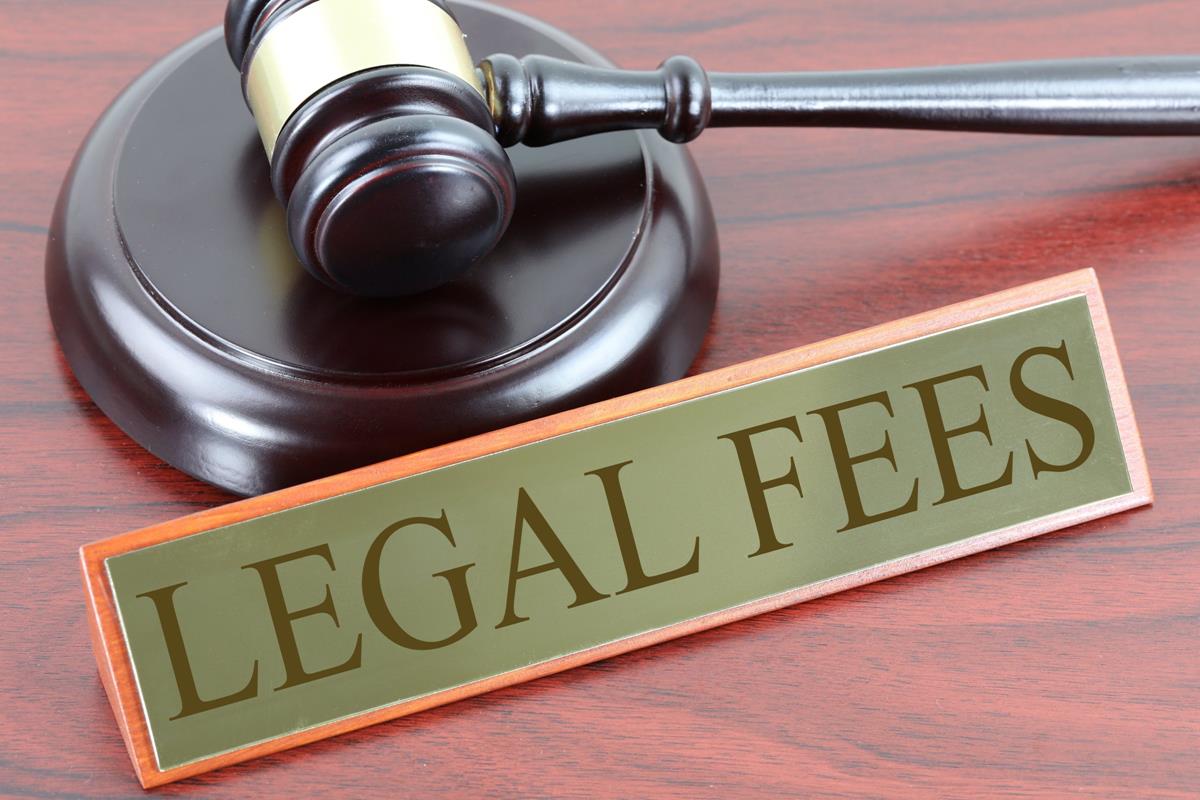Then comply with Part 137 arbitration rules.
FILEMYR v. Hall, 2020 NY Slip Op 4238 - NY: Appellate Div., 1st Dept. 2020:
This action presents a question of first impression for this Court. Indeed, there appears to be very few cases which have addressed the issue presented.
We find that Supreme Court properly dismissed the action. Supreme Court correctly concluded that, by waiting to provide notice of right to arbitrate more than two years after legal services had been rendered, plaintiff deprived defendants of the right to arbitrate, and thus violated 22 NYCRR 137 (see e.g. Pascazi Law Offs., PLLC v Pioneer Natural Pools, Inc., 136 AD3d 878, 879 [2d Dept 2016], lv dismissed and denied 27 NY3d 1047 [2016]); Julien v Machson, 245 AD2d 122 [1st Dept 1997].
22 NYCRR 137 gives clients the right to demand arbitration of any fee dispute in an amount between $1,000 and $50,000 (22 NYCRR 137.1[b][2]). The failure of an attorney to participate in fee arbitration is a violation of the ethical rules (Rules of Professional Conduct 22 NYCRR 1200.00) rule 1.4; (see 22 NYCRR 137.11). 137.1 sets out the limitations on the disputes that will be heard by the Committee. This includes matters outside the dollar range, claims inextricably intertwined with malpractice claims, and as relevant here, claims where no legal services have been performed in the prior two years (22 NYCRR 137.1[b][6]).
In Borah, Goldstein, Altschuler, Schwartz, & Nahins, P.C. v Lubnitzki (13 Misc 3d 823, 826 [Civ Ct, NY County 2006]), plaintiff commenced an action for fees more than two years after legal services had been rendered. Plaintiff ultimately obtained a default judgment for the fees. Defendant successfully moved to vacate the default and, in her answer, pleaded an affirmative defense that plaintiff had not complied with Part 137. The court granted plaintiff leave to amend its complaint. In its amended complaint, plaintiff then alleged that Part 137 was inapplicable because it was more than two years since legal services had been rendered.
In rendering its decision, the court reasoned that 22 NYCRR 137 reflects an administrative preference for arbitrators and mediators to decide disputes which have not become stale. "[T]hose responsible for establishing the Part could not have intended that the mere passage of time warrants litigation in court, and thus, it ought not cure [a] plaintiff's initial failure to notify defendant of [their] right to arbitrate or mediate fee disputes" (id. at 826). The court sua sponte dismissed the action stating that:
"plaintiff ought not be permitted to seek refuge from a dismissal despite the two years that passed before it amended its complaint solely to allege an exemption that was inapplicable when it first brought the action. To permit plaintiff the benefit of the exemption in these circumstances would give insufficient consideration to the [Part 137's] intent that clients be given notice of the availability of arbitration and mediation, something that was concededly not done here" (id at 826).Fee arbitration is mandatory if requested by a client or a former client. It is a right of the client. Where, as in this case, an attorney, through their own delay deprives the client of that right, the attorney cannot in good faith claim compliance with the procedures of Part 137. Not only would this effectively give counsel the option of whether to arbitrate, because counsel could control whether the dispute began in two years or less, it would also be directly contrary to the rules, which provide that it is the client's choice.
Plaintiff also argues that missing the two-year deadline did not necessarily bar arbitration, because the Committee determines whether a dispute is within the ambit of Part 137. Again, this argument ignores the right of the client to decide whether or not to arbitrate as it would leave it to the discretion of attorneys whether to provide the notice of right to arbitrate (see Lorin v 501 Second St., 2 Misc 3d 646, 649 [Civ Ct, Kings County 2003]). In Lorin, plaintiff brought suit without complying with Part 137. Defendants asserted a counterclaim for malpractice, as well as for failure to comply with Part 137. Plaintiff argued that his failure to comply was harmless, because malpractice claims were excluded from arbitration, and defendants had asserted plaintiff's malpractice as an affirmative defense. The court reasoned that it was the client's choice to either have a streamlined process for the fee dispute and forgo the malpractice claim or choose to assert malpractice and litigate. As the court noted, "it is for the Local Administrative Body,' not the lawyer, to make the determination that the defense of malpractice is inextricably intertwined with the plaintiff's claim for payment, and then issue a letter declining jurisdiction and giving the attorney the right to sue,' after first evaluating the case" (id. at 649).
Supreme Court properly declined to dismiss the affirmative defenses of laches, waiver and unclean hands. Plaintiff's violation of Part 137 constituted unethical conduct sufficient to constitute unclean hands (see National Distillers & Chem. Corp. v Seyopp Corp., 17 NY2d 12, 15 [1966]). The loss of the right to arbitrate that resulted from plaintiff's delay sufficiently supported the defense of laches (see Matter of Linker, 23 AD3d 186, 189 [1st Dept 2005]). Finally, by the aforementioned conduct, we find that plaintiff waived his right to initiate an action in court (Jefpaul Garage Corp. v Presbyterian Hosp. in City of N.Y., 61 NY2d 442, 446 [1984]).








No comments:
Post a Comment
Note: Only a member of this blog may post a comment.